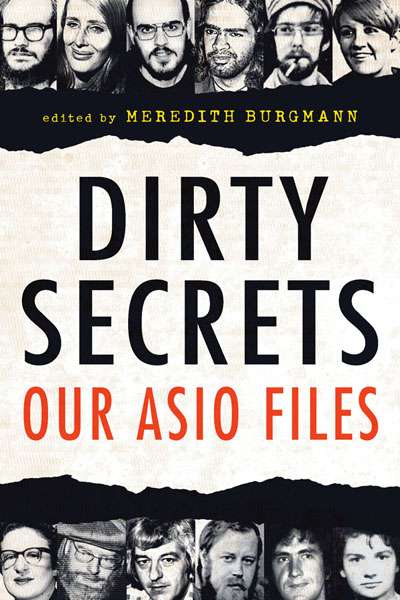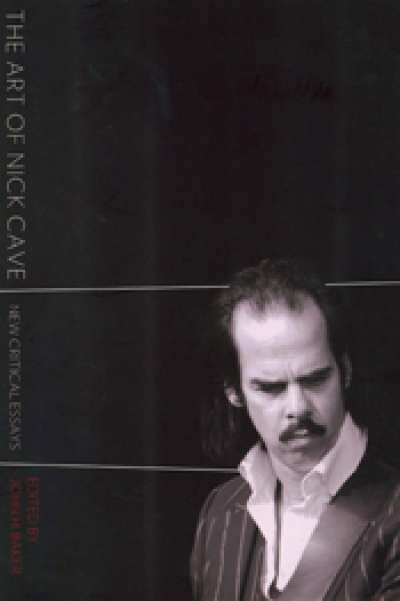Tim Byrne
Film | Theatre | Art | Opera | Music | Television | Festivals
Welcome to ABR Arts, home to some of Australia's best arts journalism. We review film, theatre, opera, music, television, art exhibitions – and more. To read ABR Arts articles in full, subscribe to ABR or take out an ABR Arts subscription. Both packages give full access to our arts reviews the moment they are published online and to our extensive arts archive.
Meanwhile, the ABR Arts e-newsletter, published every second Tuesday, will keep you up-to-date as to our recent arts reviews.
Recent reviews
Leading arts critics and professionals nominate some of their favourite performances for 2014.
... (read more)Stephen Sondheim may be famed for his wit, but many critics over the years have lacerated him for it, finding in it proof of emotional frigidity or even callousness. Reaction to his work largely mirrors that of another revered auteur, Stanley Kubrick, who shares with Sondheim an exacting and interrogative attitude to humanity.
Intimate times
Dear Editor,
Tim Byrne, in his review of Meredith Burgmann’s Dirty Secrets: Our ASIO Files badly misread my complaints about my records. He writes that my [and Gary Foley’s] ‘movements were intimately tracked’. The whole ...


